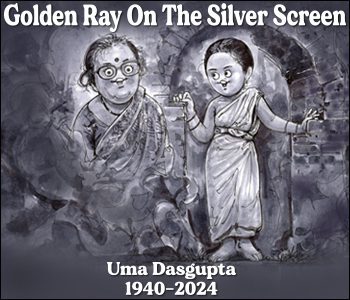According to a report appearing in Hindustan Times Haryana state information commission has said all cooperative banks will be considered public authority and will therefore come under the ambit of the right to information Act.
A larger bench of the commission pronounced this opinion reading a judgment delivered by the Supreme Court in 2013.
According to the commission, as the cooperative bank’ funds are raised through debentures, Nabard is their main source of finance and their borrowings are guaranteed by the state govt. they are covered under the right to information Act.
Several people had approached the commission seeking its opinion in the matter.













































If so, the judgement defeats the following cooperative principle.
“4. Autonomy and Independence.
Co-operatives are autonomous, self-help organisations controlled by their members. If they enter into agreements with other organisations, including governments, or raise capital from external sources, they do so on terms that ensure democratic control by their members and maintain their co-operative autonomy”.
In brief, the financing agency/bank or guaranteeing Government are only a lender/guarantor and they are empowered to prescribe repayment of loan or release of guarantee subject to above principle and nothing more than that. As such, any financially supported or guaranteed cooperative bank can’t be treated as a public authority under RTI. A simple reason is that a PANWALA can’t be called as a public authority if he takes a loan from SBI (refinanced by NABARD). Any information with regard to financial assistance or guarantee to a cooperative bank can be sought from respective agency/Government provided such agency/Government is a public authority.
The crux of SC judgment in Thalappalam Ser.Coop.Bank Ltd.& … vs State Of Kerala & Ors. on 7 October, 2013;
We, therefore, hold that the Cooperative Societies registered under the Kerala Co-operative Societies Act will not fall within the definition of “public authority” as defined under Section 2(h) of the RTI Act …in the absence of materials to show that they are owned, controlled or substantially financed by the appropriate Government.
Haryana state information commission must have given due consideation to these view before reaching to a conclusion which MEGHAVATH seems to disagree with.